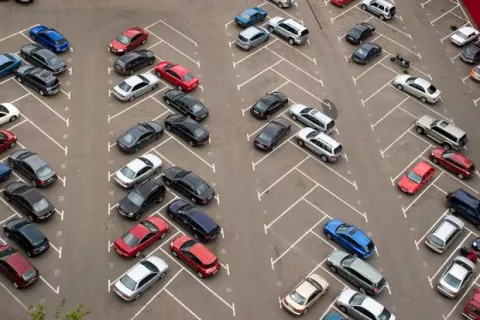
Yes, smart parking apps are still in their infancy, but there’s evidence they can indeed reduce traffic congestion, driver frustration, fuel consumption and exhaust emissions.
That’s the takeaway from a newly published report from Beecham Research titled “Smart Parking for Smart Cities.”
The report looks at a number of ongoing smart parking trials in major cities where road mounted sensors gather parking data in busy shopping or tourist areas. The collected data is analyzed to produce a map of free parking spaces -- which drivers can access using smartphone apps. It is expected that auto companies may soon include such technology in their in-car telematics systems.
For the report, Beecham interviewed sensor manufacturers, wireless network designers, mobile operators, IT system developers, integrators and analysts. The research firm also captured the views and experiences of city authorities, funding bodies, concession owners and building contractors.
If you’re new to the world of smart parking apps, below are a few from the Smart Cities Apps Gallery. You’ll need to become a Smart Cities Council member (it’s free!) to access the apps gallery.
- Parker. This app uses sensor-based smart parking technology to help drivers find available spots in real time.
- Orlando parkIN. This parking app for downtown Orlando, Florida gives users a view of parking locations sorted by price and location. It also integrates with Google Maps to provide directions based on current location.
- ePark. With this app, people in Eugene, Oregon can enter an address or track a current location to see on-street and off-street parking options.
Does your city have good parking apps? Tell us about them in the Add new comment area of our Apps Gallery page.



